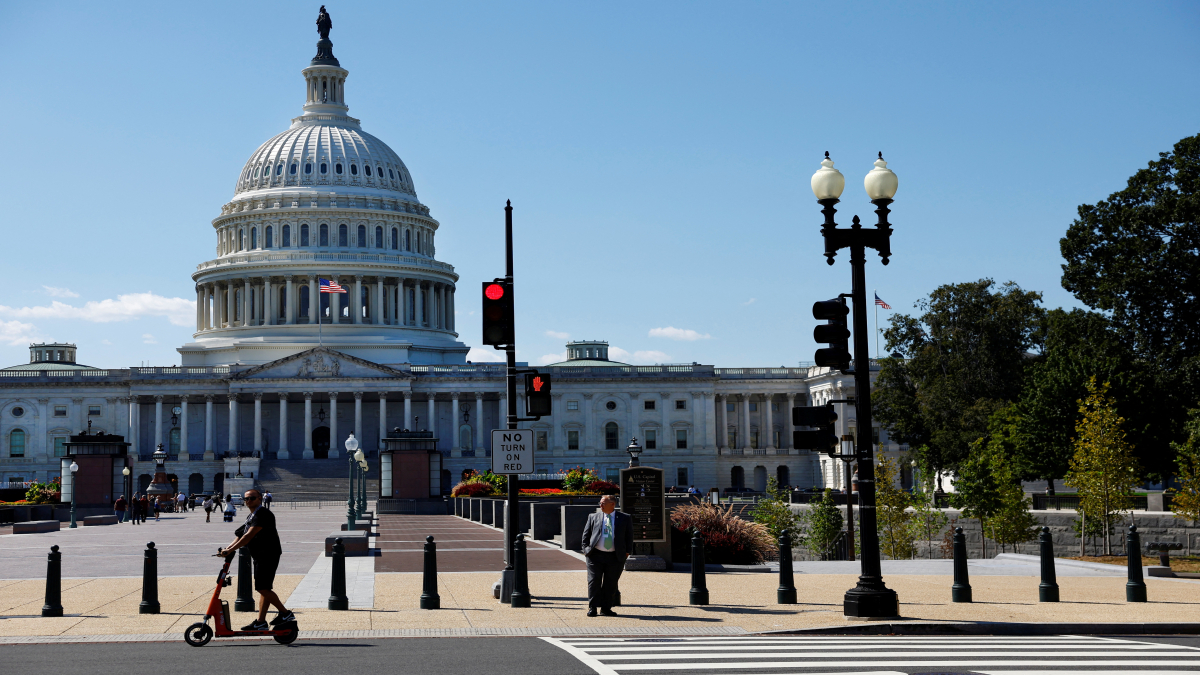) |
|
The United States Congress is holding a week-long session, dubbed 'China Week,' focused on passing legislation targeting the Chinese Communist Party (CCP) and its influence. This legislative spree, encompassing over two dozen bills, reflects the growing tension between the two global powers and the US's desire to counter China's growing economic and military presence. The legislation aims to address a range of issues, from trade and electric vehicles to farm ownership and intellectual property.
The select committee on the CCP in the House of Representatives outlines the primary goal of the legislation as strengthening the US's position against China in the ongoing strategic rivalry. The bills cover a diverse range of topics, including trade, technology, human rights, and security. The proposed measures seek to restrict Chinese access to US technology, limit Chinese investment in the US, and increase pressure on China over its human rights record, particularly concerning the Uyghur Muslim population in Xinjiang.
The 'BIOSECURE' bill, which has already passed the House, aims to protect American genetic data and US businesses from perceived threats posed by CCP-backed biotechnology companies. It specifically targets Chinese military company BGI Genomics and biotechnology firms Wuxi AppTec and Wuxi Biologics, deeming them ineligible for certain federal contracts. The legislation reflects a growing concern in the US over potential Chinese acquisition of sensitive technology and intellectual property.
Other notable bills include the 'Hong Kong Economic and Trade Office (HKETO) Certification Act,' which would authorize the US president to close Hong Kong's consulates in the US if the administration finds that Hong Kong is not operating autonomously. The 'Protect America’s Innovation and Economic Security from CCP Act' proposes the creation of a dedicated unit within the Department of Justice to focus on China-related national security issues.
The 'End Chinese Dominance of Electric Vehicles in America Act' aims to restrict access to tax credits for electric vehicles containing China-made components, particularly batteries. This bill reflects the US's concerns about China's dominance in the electric vehicle battery supply chain and seeks to promote domestic production. The 'Taiwan Conflict Deterrence Act' signifies the US's commitment to supporting Taiwan in the face of Chinese military pressure, providing additional financial and military support.
The 'DHS Restrictions on Confucius Institutes and Chinese Entities of Concern Act' seeks to restrict the activities of Chinese-backed educational institutions and organizations in the US, expressing concerns about their potential for espionage and influence operations. The legislative push highlights a broader trend of US lawmakers seeking to restrict Chinese influence in various sectors, including academia, technology, and cultural exchange.
While the legislation is expected to pass in the House, its fate in the Senate remains uncertain. The Senate has a limited timeframe before the November 5 presidential election, and the process of passing legislation is generally slower than in the House. The outcome of the election could significantly impact the legislation's progress, as the party in control of the Senate could influence its approval. The legislation's ultimate success also hinges on President Biden's decision to either sign the bills into law or veto them.
The 'China Week' in the US Congress underscores the growing tensions between the US and China. It reflects a deepening strategic rivalry and a shift in the US's approach towards China, moving from engagement to a more assertive posture. The legislation aims to counter China's rising power and protect US interests in various fields. Whether the legislation succeeds in achieving its objectives remains to be seen, but it is a significant development in the evolving relationship between the two global superpowers.
Source: ‘China Week’ in US Congress as America takes on Chinese Communist Party
